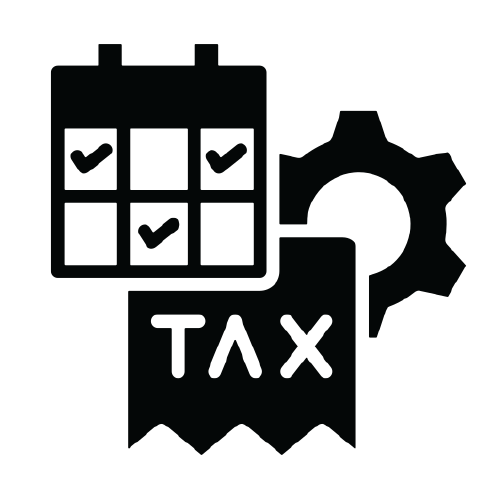Online GST Registration with EtaxSathi
Fast, Simple & Expert-Assisted
EtaxSathi – Your Partner in GST Compliance.
GST registration is mandatory for specific businesses and individuals to comply with tax regulations. You must apply if you fall under any of these categories:
Service Providers – Businesses or individuals offering services with an annual turnover above ₹20–₹22 lakh (₹10 lakh in special category states), including freelancers, consultants, and agencies.
Existing Tax Registrants – Entities previously registered under VAT, Service Tax, or other indirect taxes must migrate to GST.
E-commerce Sellers – Online sellers or platforms (e.g., Amazon, Flipkart) must register for GST regardless of turnover.
Inter-State Suppliers – Businesses supplying goods or services across state borders must register, irrespective of turnover.
Casual Taxable Persons – Entities occasionally supplying goods/services without a fixed place of business.
Supplier Agents – Agents representing or supplying goods/services on behalf of others.
Input Service Distributors (ISD) – Entities distributing GST input tax credit across multiple branches.
Non-Resident Taxpayers – Foreign businesses or individuals supplying goods/services in India.
RCM Entities – Businesses liable to pay GST under the Reverse Charge Mechanism.
Special Categories – Entities like TDS/TCS deductors, OIDAR service providers, and others as notified.

GST registration grants your business official recognition as a legitimate supplier of goods or services. This builds trust with customers, vendors, and government authorities.

Registered businesses can claim ITC on the GST paid for purchases and expenses, reducing overall tax liability and improving profitability.

The GST framework simplifies tax compliance by integrating filing, payments, and record-keeping into a single digital platform.

Through the GST Composition Scheme, small businesses can pay tax at a lower, fixed rate, reducing compliance hassles while easing cash flow management.

Businesses below the prescribed turnover limit (₹40 lakh for goods, ₹20 lakh for services in most states) are exempt from mandatory GST, giving startups and small entities breathing room to grow.

GST removes the cascading effect (tax on tax) by allowing credit on input taxes across the supply chain. This reduces costs for businesses and lowers prices for end consumers.
GST Registration is the process through which a business obtains a Goods and Services Tax Identification Number (GSTIN) from tax authorities. It is mandatory if turnover exceeds ₹40 lakh, ₹20 lakh, or ₹10 lakh, based on state.
GST registration is mandatory for businesses with an annual turnover exceeding ₹40 lakh (₹20 lakh for services) in most states or ₹10 lakh in special category states. It is also required for entities involved in interstate trade or supply.
The GST registration number is a 15-character alphanumeric code assigned to businesses under the GST system.
The threshold limit for GST registration varies by sector: ₹40 lakhs for manufacturing, ₹20 lakhs for services, and ₹10 lakhs for special category states.
GST registration typically takes 2-6 working days, provided all required documents are in order.
If rejected, you can revise the application and resubmit it with the correct details or documents.
CGST (Central Goods and Services Tax) is collected by the central government on intra-state transactions.
SGST (State Goods and Services Tax) is collected by the state government on intra-state transactions.
IGST (Integrated Goods and Services Tax) is levied by the central government on inter-state transactions.
To apply for a GST number registration, visit the official GST portal and click on the “Register Now” option. Select the appropriate registration form based on your business type, fill in the required details such as PAN, business address, and contact information, and upload the necessary GST registration documents for verification. Once the form is submitted, you can track the application status on the portal. Upon approval, your GST number will be issued. For a detailed step-by-step guide on GST number registration, refer to our article.
Any business supplying taxable goods and services must register for GST if its turnover exceeds the GST registration threshold, which is currently Rs. 40 lakhs. Additionally, businesses engaged in e-commerce, inter-state supply of goods, or providing services across states are also required to register. For a detailed understanding of GST eligibility criteria, refer to our article.
Any business registered for GST with the Indian government must have a GST certificate. This applies to both online and offline businesses, including those involved in the supply of goods or services across states, e-commerce operations, and businesses exceeding the GST registration threshold.
A new advisory by GSTN has alerted taxpayers about changes in E-Way Bill generation time limits, which have now been reduced to 180 days from the date of the base document. For example, documents dated earlier than July 5, 2024, will not be eligible for E-Way Bill generation starting January 1, 2025. Businesses must ensure timely compliance to avoid disruptions in goods movement.